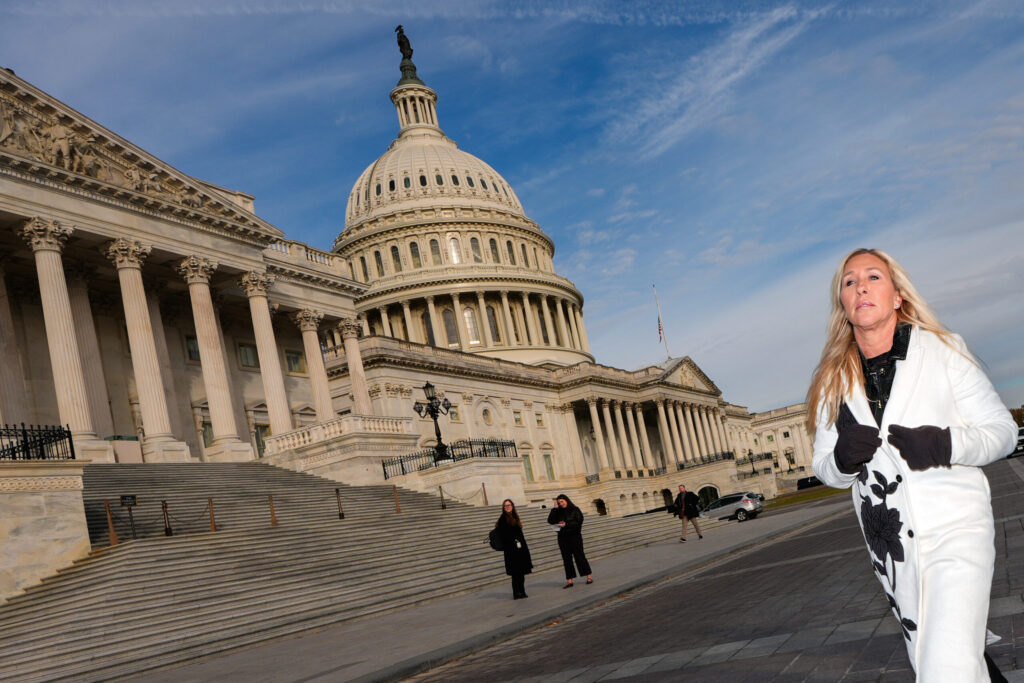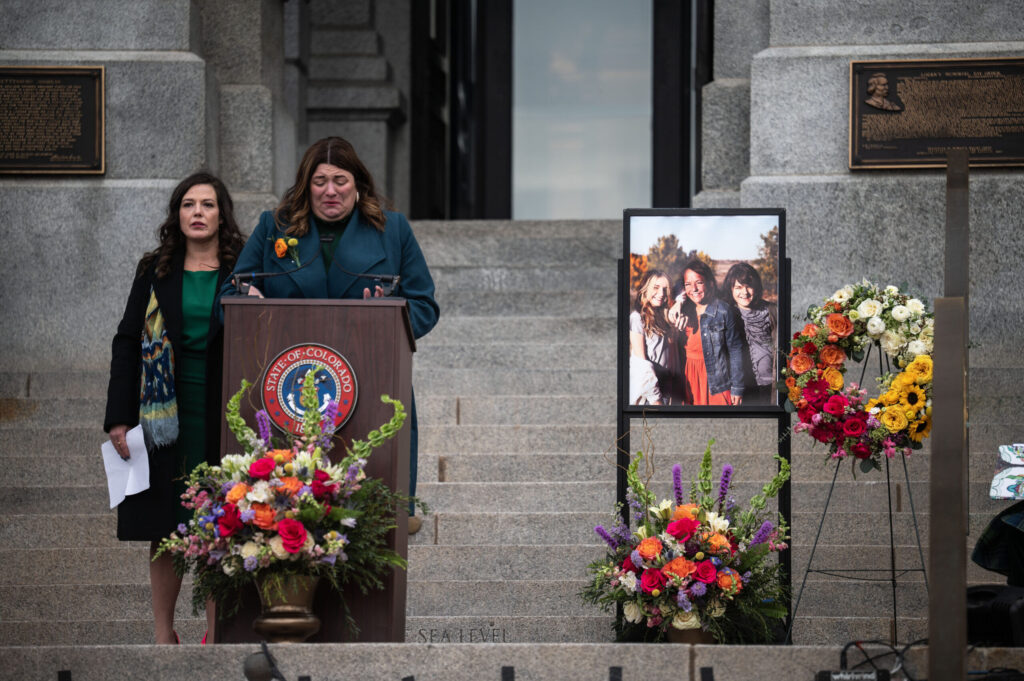What a difference a year makes: Threat of rural hospital closings shape budget talks
The state senate passed a budget this week that will slash $500 million from hospitals across Colorado, a proposal that has set the halls of the Capitol buzzing and lawmakers considering a new version of a proposal that just a year ago was dismissed as an exhausted nonstarter.
The budget passed on a 30-5 vote in the Senate on Thursday threatens to effectively close down at least some of the overworked and underfunded rural facilities that serve residents stretched along miles of high plains farmland and mountain passes.
Rep. Millie Hamner, a Democrat from Dillon and vice chair of the Joint Budget Committee, said that, in the wake of the introduction of the draft budget, potential cuts to hospitals are a main topic at the Capitol.
“There are major shortfalls in the budget,” she told members of the media Wednesday. “And it really doesn’t work unless the bill passes to restore the hospital funding..
“We’re talking about the impact to hospitals if the fee bill doesn’t pass. It won’t be a pretty picture.”
Rep. Diane Mitsch Bush, a Democrat from Steamboat Springs, said the threat of closures this year is real.
“Some rural hospitals have already made plans to shut down,” she said. “My understanding is some [hospitals] on the eastern plains.”
East of the I-25 corridor that runs through the state’s Front Range cities, the population and the number of hospitals drop precipitously. There are some 15 hospitals in the high plains region of the state that stretches from New Mexico to Nebraska, an area some 300 miles north to south and 150 miles east to west.
Supporters of this year’s budget are depending on the passage of a bill proposed by conservative Sen. Jerry Sonnenberg, a Republican rancher from Sterling – on the eastern plains. His bill, Senate Bill 267, would reclassify the state’s hospital provider fee as an enterprise fund. The move would create space in the state’s general fund under the spending cap imposed by the Taxpayer Bill of Rights for some hundreds of millions of dollars.
Sonnenberg’s bill is a colossus in its effect and its boldness. As the Denver Post’s John Frank reported, it “represents a massive overhaul in how the state spends money.” The bill would deliver money for key projects that Democrats have been pleading for over the course of years, but it also includes cuts to future spending designed to win over Republicans.
In addition to reclassifying the hospital fee, Sonnenberg’s proposal would move funds from a transportation account to rural education districts, cut the state budget next year by 2 percent, lower the Taxpayer Bill of Rights spending cap, and deliver state buildings as collateral for a $1.35 billion transportation and construction bond.
Republican legislative leaders and almost all rank and file Republican lawmakers flatly rejected a bipartisan plan last year to reclassify the hospital provider fee. But with $500 million in cuts hanging over hospitals – and similarly serious funding shortages for crumbling roads and struggling schools – that will most dramatically affect rural and largely Republican stretches of the state, Sonnenberg’s colossus is landing with a head of steam unimaginable mere months ago.
House Majority Leader KC Becker, a Boulder Democrat, said Sonnenberg’s bill would likely change substantially in the Democratic-controlled House, a fact he well knows.
“[Sonnenberg] and I have been talking for a long time about it,” she said. “I could have introduced a separate bill and he could have introduced his bill and we would have had two ships crossing in the night. So, this is his opening position and we know we will be changing it over here.”
“There are two goals,” she said. “We want hospitals to enterprise, because that’s what’s best for hospitals, and we want to get the hospital fee out from under the TABOR cap, because that’s what’s best for the rest for Colorado, because that’s what’s best for the budget, that’s what’s best for schools and higher ed.
“We want to give our budget more flexibility so we can fund schools and other priorities,” Becker said.
Becker was all but celebrating the obvious – the fact that, with major hospital cuts looming and a budget already passed in the Senate that depends on the Sonnenberg bill passing too, the hospital fee proposal likely has as good a chance this year as it ever will of passing into law.
“It is coming after the budget, which will likely pass with a $265 million cut to hospitals – that’s likely going to be the budget that passes,” Becker said a day before the budget bill won approval in the Senate. She didn’t have to add what everyone in the room also knew – that the $265 million cut in state hospital funding would spark a loss in federal funds in roughly the same amount. “So, that’s a stark reality,” she said. “That’s the context through which we view the [Sonnenberg] bill. So yes, I think [the hospital funding cuts] will absolutely impact discussion.
“The hospital provider fee bill has a lot to recommend it right now – benefits to hospitals, transportation, schools,” she said. “There’s a lot to sell it in the House and the Senate.”











